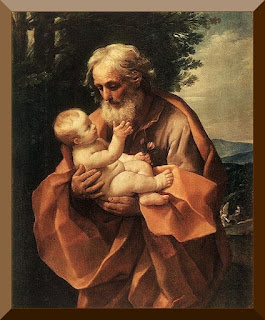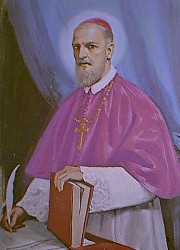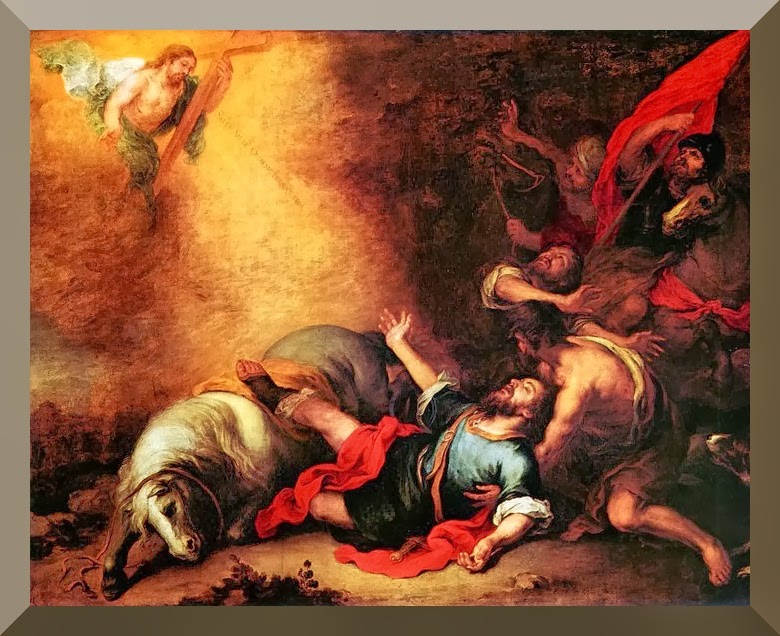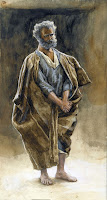St. Alphonsus Liguori writes that the example of Christ who so highly venerated St. Joseph while on earth, and who during his whole life was obedient to him, should suffice to inspire all hearts with devotion to this great saint; and he, whom the King of kings placed so high, indeed deserves especial veneration from man. To encourage this veneration, St. Theresa wrote: “I do not remember that I ever prayed to St. Joseph for anything which he did not procure for me; the great graces God has given me through him, and the many dangers of body and soul from which he has preserved me, are indeed truly wonderful. It seems as if God has given to other saints the grace to assist in some special manner those who seek their intercession; but of this glorious saint my experience is that he assists in every need. The Lord appears to show by this, that as He was subject to him on earth, so in heaven he does every thing which St. Joseph requests of Him. Others, whom I have advised to have recourse to him, have experienced the same thing. I would gladly so advise every one.” “I have a great devotion to this saint,” continues St. Alphonsus, “because I have so often experienced that he can obtain so much from God. For many years I have been accustomed to ask a special grace on his festival, and my prayer is always answered. As we must all die, we should all have a special devotion to St. Joseph, for all Catholics consider him as the patron of the dying, who assists in the hour of death those who have venerated him, and this for three reasons: because Jesus loves Him, not only as a friend, but as His father, on which account he is a more powerful intercessor than any other saint; because St. Joseph has a special power against evil spirits who attack us in the hour of death; for since he freed our Saviour from the snares of Herod, God has given him the power to guard the dying from the attacks of the devil; lastly the assistance which Jesus and Mary rendered him in the hour of death, gives him the right to procure a sweet and holy death for his servants. If they, therefore, invoke him in the hour of death, he will not only aid them himself, but procure aid for them from Jesus and Mary.” Should not these words of so great a saint encourage us daily to honor St. Joseph? Should not this hope of being assisted in the hour of death by Jesus, Mary and Joseph, move us to devotion to the foster-father of Christ?
PRAYER TO ST. JOSEPH. O St. Joseph, Mary’s pure bridegroom, who because of thy purity and love of justice wast chosen for the foster-father of Jesus Christ, do not leave me, I beseech thee, in my neces¬sities and cares; ask for me the grace to live a just and pure life like thine, and grant, that I may obtain the happiness of dying, like thee, in the arms of Jesus and Mary. Amen.
-- Goffine's Devout Instructions












